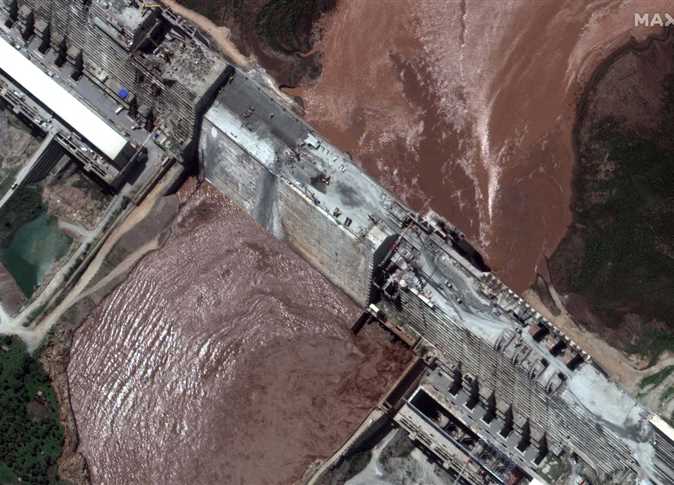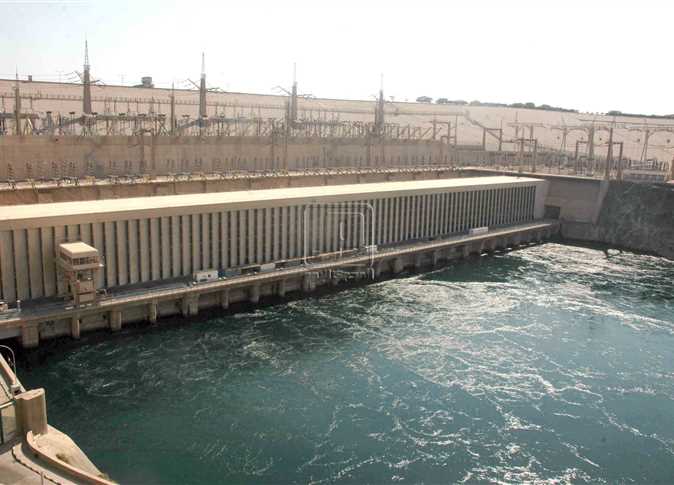The Ministry of Foreign Affairs denied yesterday that negotiations between Egypt and other Nile basin countries have reached a dead end after the failure of talks last month in Sharm el-Sheikh on a watersharing agreement.
“Its completely untrue. It’s known that negotiations in any case may take some time,” said Mona Omar, the foreign minister’s assistant for African affairs, in a press statement.
“We won’t stop negotiating and trying to achieve agreement in the light of historical relations linking Egypt and the Nile basin countries–we can’t pretend we’re not connected to each other.”
Omar also said that media coverage of the Nile basin initiative has had a negative effect on Egyptian interests, referring to writing and analysis about potential wars over water.
When asked about media reports that Israel is behind the disagreement between Egypt and other Nile basin countries, Omar replied that Egypt has a greater presence in the Nile region than any other country, with the ministries of foreign affairs, irrigation, and agriculture all having a stake in the Nile basin issue as well as Egyptian businesses that carry out major infrastructure projects.
Omar also noted the importance of a meeting today between President Hosni Mubarak and his Eritrean counterpart Isaias Afewerki. “[Eritrea] played a great role in the Somali case, so coordination with it is important, especially for security and peace in the Horn of Africa, which have repercussions for Egypt.”
Kenyan President Mwai Kibaki and Prime Minister Raila Odinga will also visit Cairo later this month, according to Omar.
Kenya is one of the Nile basin countries who refuse to sign a new agreement maintaining Egypt’s right to the majority of Nile water, a policy that has been in place since the 19th Century.
Translated from the Arabic Edition.




